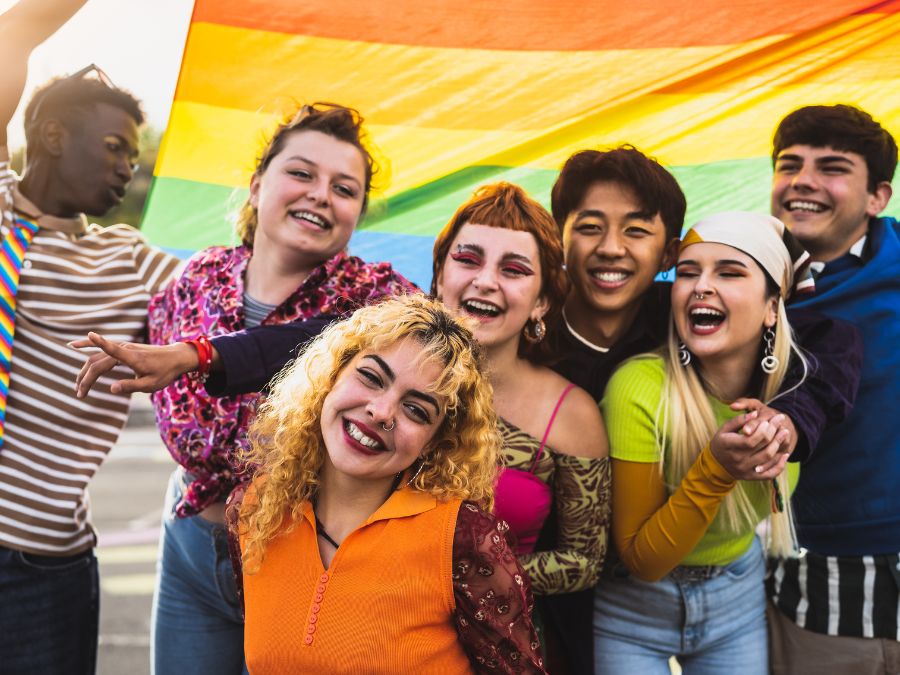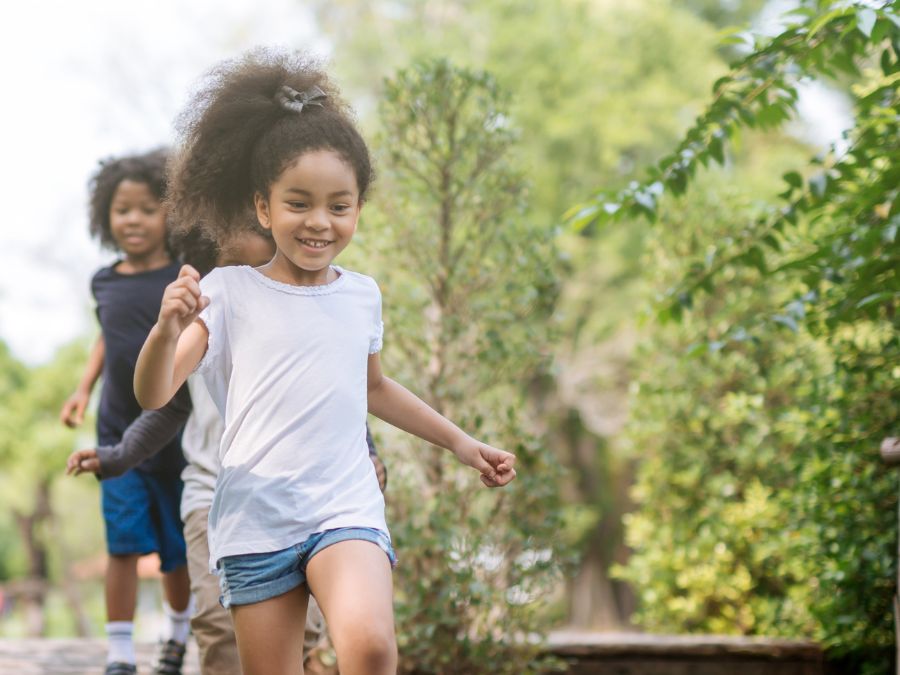
Positive childhood experiences (PCEs) should be available and accessible to all children. The health and well-being of children and youth who are transgender (trans) or nonbinary has been a topic of much political debate over the past year, as some states are making gender-affirming healthcare illegal, and school boards are banning books with LGBTQ+ content. These actions build barriers to PCEs for trans and non-binary youth. At the HOPE National Resource Center, we have created a resource to help lessen these barriers; Promoting PCEs for Children and Youth who are Transgender or Non-binary.
It is common for trans and non-binary youth to experience bullying and disapproval, leading to a higher risk of anxiety and depression. PCEs are known to heal the brain after traumatic experiences, making it imperative to intentionally promote PCEs that support trans and non-binary youth in feeling safe, supported, and loved. Below are 10 ways to promote PCEs, they are intended for everyone, whether there is a youth in your life who identifies as trans or non-binary, your organization works with youth, or you live in a community with youth. Learn more and read the full resource on our website.
- Check your local library. Are there books there about trans and nonbinary youth? If not, consider donating some. You can find a great list here. Help youth feel seen and represented in their community.
- Ensure your community offers a safe place for children and youth who are trans and nonbinary to gather- whether this is a community center, a school club, or a local nonprofit. All children need to feel like they belong, and they matter.
- Include trans and nonbinary children and youth in school and out-of-school program sports. Youth sports are about fostering important life skills like teamwork, persistence, and the art of losing gracefully! Remember that the goal of youth sports is to develop lifelong health and enjoyment – not just to produce professional athletes. All children and youth should be allowed to choose the activities that match their interests, whatever their gender identity.
- Make sure your place of employment clearly posts their nondiscrimination policy on their website or in the office. Some organizations post the Pride or Trans and Nonbinary Pride flag to let others know that they have created a safe place for trans and nonbinary children and youth.
- No one should feel uncomfortable when they need to use the restroom. Help create a safe environment by ensuring your building has at least one bathroom option for “all genders.”
- Stop name calling, teasing, taunting, and bullying when you see it. Be an upstander not a bystander!
- Get into the habit of sharing your pronouns when you introduce yourself. This is a very small thing that everyone can do to create a safer space for those whose pronouns may not be immediately obvious. The Diversity Center of Northeast Ohio has a comprehensive guide, complete with great videos, on asking for and sharing pronouns.
- Talk with the children in your life about what it means to be transgender and nonbinary. People tend to fear what they do not understand. Help our children be supportive friends to their trans and nonbinary classmates.
- Be a safe relationship for the trans and nonbinary children and youth in your life. We know that every child needs the support of at least two adults who are not their parents. Some trans and nonbinary children and youth have an even greater need when they do not get unconditional support from members of their own families.
- Gender affirming healthcare dramatically reduces suicidality in trans and nonbinary youth Whenever access is threatened, call your legislators and tell them that medical decisions need to be made for each individual child, not by the government.


